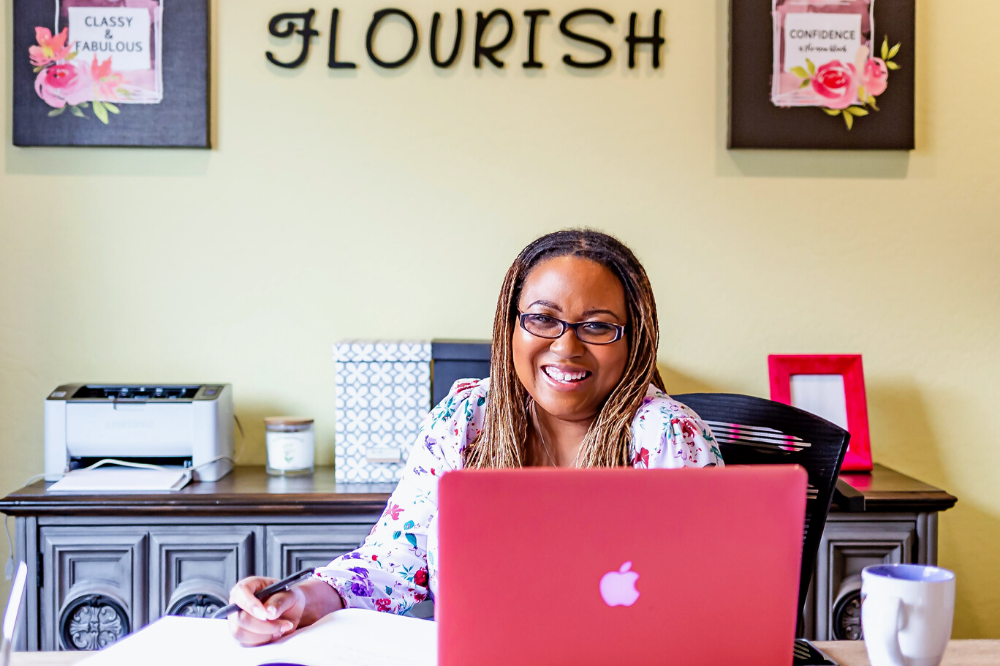Dr. Nadia Brown is a sales strategist, consultant, trainer, and founder of The Doyenne Agency, a sales firm that works with business owners, companies, and corporations to multiply revenue and awaken the consistent closer within your sales team using the Consistent Sales Method™. Nadia brings over fifteen years of experience and massive results with clients, including raising their rates, decreasing their refund requests, and doubling or tripling their annual revenues. She dropped in to share her story and give us some sales pointers that turn followers and leads into loyal customers.
What’s the #1 piece of advice you have for black women starting new businesses?
Find a mentor or coach to help show you how to get where you want to be. It will save you heartache, time, & money from making costly mistakes.
What is your morning routine?
I get up shortly after my husband leaves to have some quiet time to pray or listen to something motivational before I get the girls up for school. Then it’s all about getting them up, ready & dropped off. Some mornings I go to the gym and workout before beginning my workday and others I don’t.
Has your product/service gone through iterations and changes? What was your strategy for learning from customers and improving the product?
Absolutely. It has changed quite a bit. I first approached offering my service as an experiment so I am always looking at what works well, what could work better, and is the service the best fit for the client. I’ve continued to have that type of attitude with my work so I’m open to making the necessary tweaks to make it a good experience for the client and a profitable offer for the company.
How did you acquire the necessary capital required to scale your business and get to this level?
I leveraged savings to scale. When I initially started, I leveraged money saved and money from my retirement accounts to get started. For many years, I reinvested any profits back into the business to help it grow. In all transparency, I have a husband who held it down on the homefront, which afforded me the ability to not have to worry about how to generate money for living expenses as well. Eventually, I did get to a point where I began to pay myself a salary, but it took several years before that was a reality.
What area of your business did you have the least experience in when you started? How did you handle the learning curve and ensure the business succeeded in that area?
I feel like there were a lot of areas where I didn’t have a great deal of experience. However, I’d say legal and accounting were probably two of my weakest areas. I just found support right away and as my business grew, the amount of support in those areas increased as well.
What advice do you have for women trying to cross cultural lines to grow their business? Can you speak to this from both a race and class perspective?
Don’t be afraid to walk into rooms and have a seat at tables even when you may feel a little intimidated. When I first started my business, I was pretty intentional about being in cross cultural spaces and learning how to grow my business.
Tell us about your first big deal and how you achieved it? (This can be a retail distribution deal, large-scale contract, sponsorship or funding round)
I leveraged my relationships. I made a list of people who I thought may be connected to my ideal client. I shared with them what I was up to and asked that if anyone came to mind who they felt might benefit from my services to please make the introduction. And it worked!
If you can share one message to inspire black women in business, what would it be?
Dream bigger! I know that building a business isn’t for the faint of heart, but your dreams CAN become a reality if you don’t quit.
How have relationships impacted your business? What advice would you give entrepreneurs about how to manage business relationships? What relationship skills are most important for business success?
Relationships have been a game changer for me in my business. I make it a point to make time to personally nurture my business relationships in a variety of ways. Whether it’s been business advice, a client referral, sharing ideas or even words of encouragement, relational currency has been integral in the continued success of my business. My advice is to make building and nurturing relationships a priority. It’s so easy to get caught up in the day to day of building the business that we don’t take care of our relationships until it’s too late.
Can you tell us about a great failure or disappointment that you learned or benefited greatly from in your business?
I had a coach tell me once to fail faster and I didn’t understand what she meant nor did I like it. But I’ve had many failures in my business. One of my greatest was probably when I ran out of cash. That taught me to keep an eye on my cashflow and it also taught me that I’m resilient and with a little creativity I can get things back on track again.

